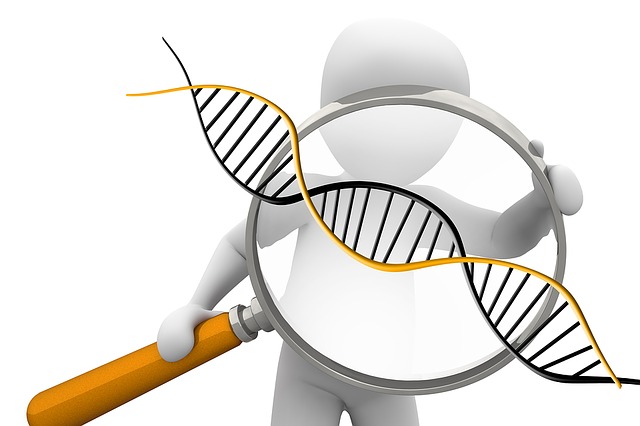You Can’t Hide Your Genes
By Natalie Ram,
Slate
| 05. 04. 2018
Consumer genetic databases aren’t the only side door for police to get your DNA.
The arrest of Joseph James DeAngelo as the suspected Golden State Killer has both thrilled and worried watchers. Bringing the Golden State Killer to justice is a victory for law enforcement and public safety. But with his identification through a publicly accessible genealogical DNA database, there are serious questions about who now is subject to genetic surveillance by the government, and not just by the online commercial services that sequence or store DNA data for genealogical research. These questions are all the more urgent as law enforcement investigators rush to implement similar tactics in other cases, like the search for the Zodiac Killer. As it turns out, millions more of us have our genetic information stored in a variety of genetic collections—including ones we may not even know about.
Lots of large collections of DNA-based information have been created for good reasons that have nothing to do with law enforcement. Cancer patients whose treatments depend on which specific genetic variations they possess and individuals seeking preconception genetic testing each have genetic data in their medical records. The advent...
Related Articles
By Arthur Lazarus, MedPage Today | 01.23.2026
A growing body of contemporary research and reporting exposes how old ideas can find new life when repurposed within modern systems of medicine, technology, and public policy. Over the last decade, several trends have converged:
- The rise of polygenic scoring...
By Stephanie Pappas, LiveScience | 01.15.2026
Genetic variants believed to cause blindness in nearly everyone who carries them actually lead to vision loss less than 30% of the time, new research finds.
The study challenges the concept of Mendelian diseases, or diseases and disorders attributed to...
By David Cox, Wired | 01.05.2026
As he addressed an audience of virologists from China, Australia, and Singapore at October’s Pandemic Research Alliance Symposium, Wei Zhao introduced an eye-catching idea.
The gene-editing technology Crispr is best known for delivering groundbreaking new therapies for rare diseases, tweaking...
By Josie Ensor, The Times | 12.09.2025
A fertility start-up that promises to screen embryos to give would-be parents their “best baby” has come under fire for a “misuse of science”.
Nucleus Genomics describes its mission as “IVF for genetic optimisation”, offering advanced embryo testing that allows...




